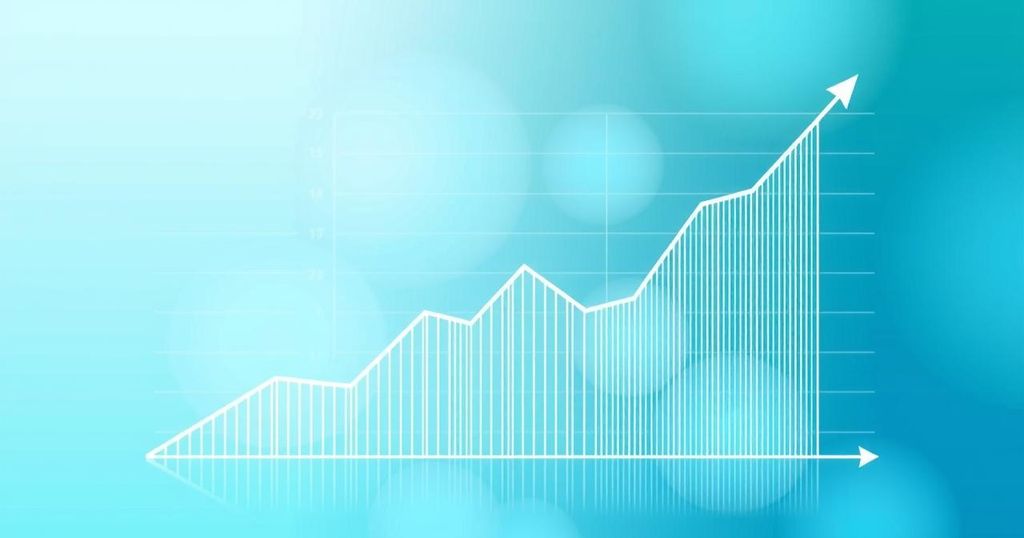Brazil’s central bank raised interest rates by 100 basis points, raising the Selic rate to 14.25%. Economists expect a slower pace in future hikes. Inflation forecasts have been slightly adjusted, while global economic conditions remain challenging.
On March 19, Brazil’s central bank raised interest rates by 100 basis points for the third consecutive time, increasing the benchmark Selic rate to 14.25%. This decision was unanimous and aligned with expectations from economists polled by Reuters. The central bank signaled a likely reduced hike moving forward due to indications of a potential economic slowdown.
The policy-setting committee, Copom, projected a smaller adjustment in the next meeting, contingent upon economic developments. Leading economists, including Flavio Serrano of Banco BMG, anticipate a 50-basis-point increase in May may conclude this tightening cycle. Under the new governorship of Gabriel Galipolo, there is a heightened focus on inflation management, especially as President Luiz Inacio Lula da Silva implements stimulus measures against a backdrop of decreasing approval ratings.
Brazil’s recent decision to raise interest rates reflects a cautious approach amid potential economic moderation. The central bank’s strategic communication suggests a shift towards smaller rate hikes in response to economic indicators. Economists largely predict a tapering in the tightening cycle, with future hikes possibly reaching a peak rate of 15.25% by mid-2023, as they balance inflation targets against government stimulus initiatives. The ongoing global economic climate, particularly influenced by U.S. policies, continues to affect Brazil’s financial landscape.
Original Source: www.marketscreener.com




